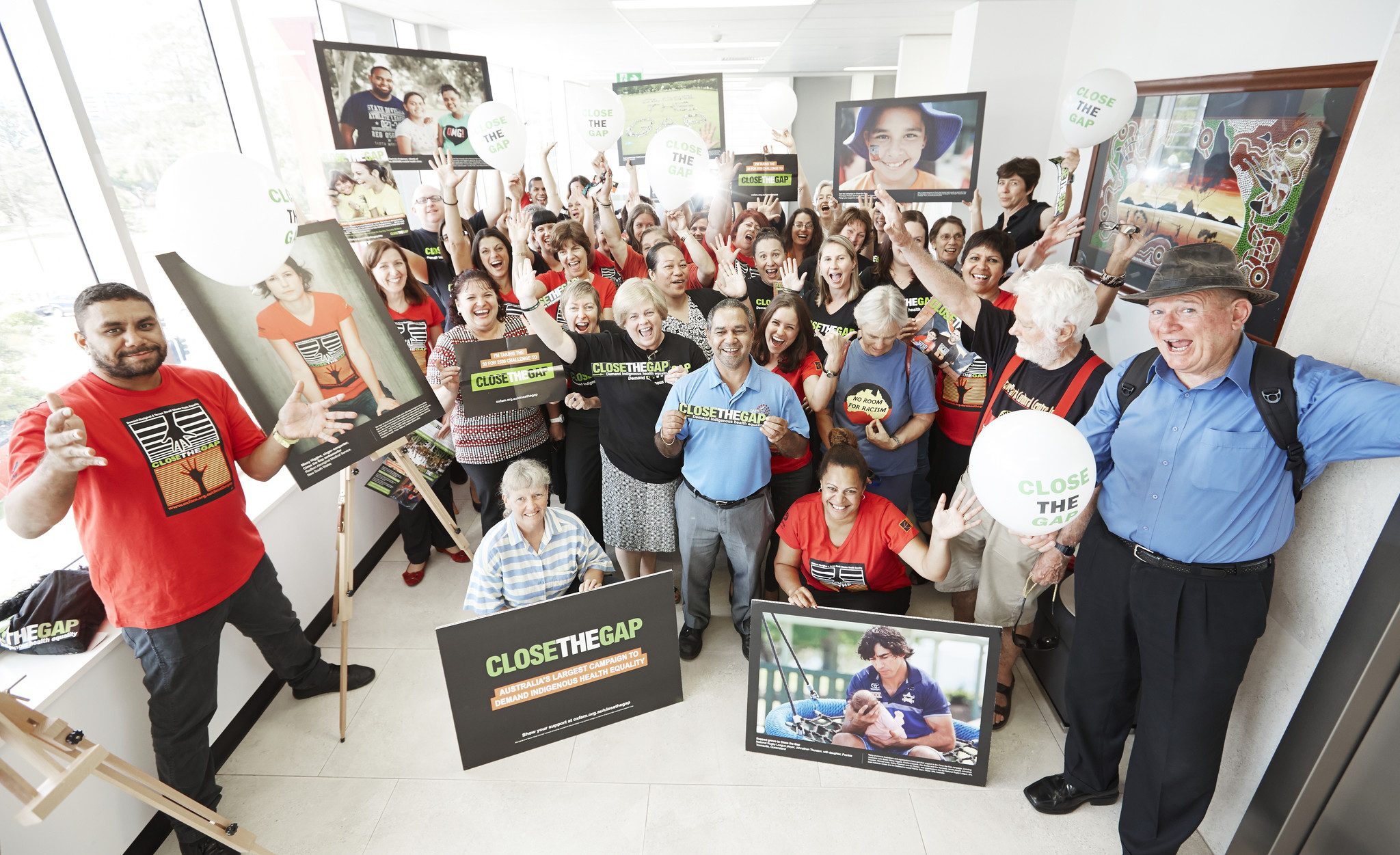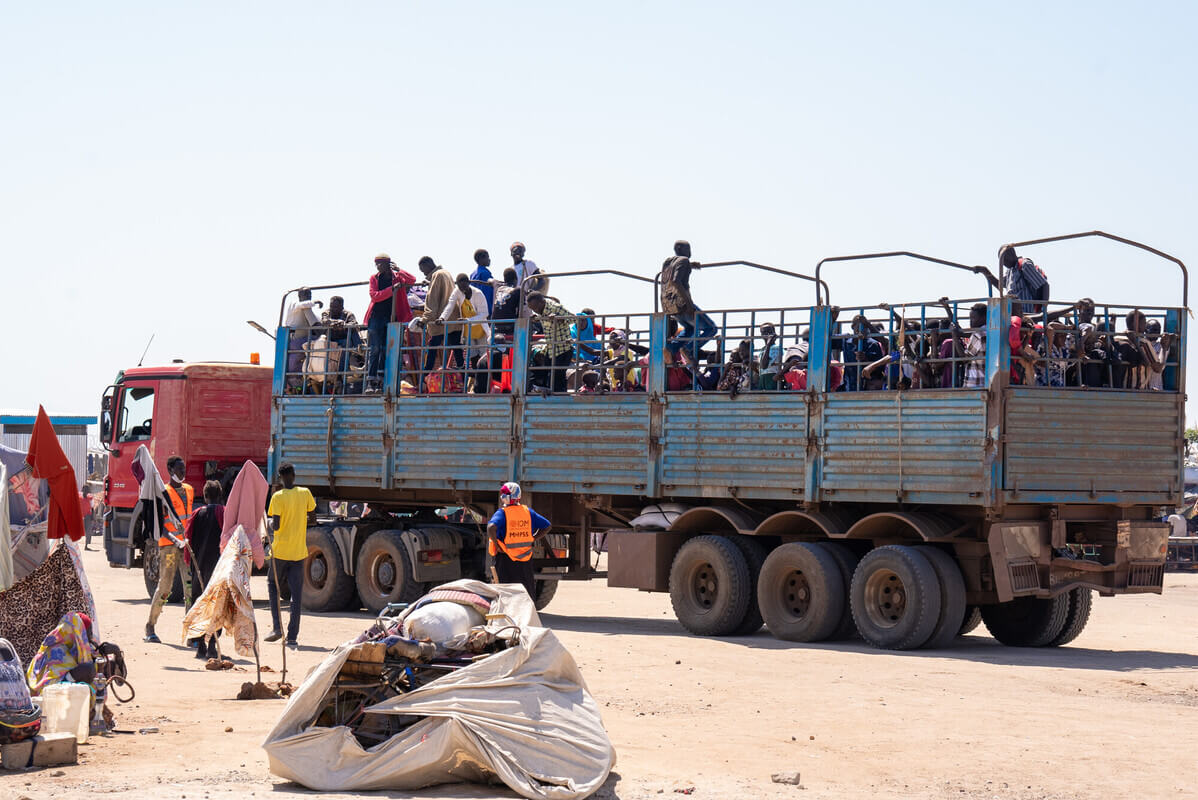A record 1289 community-led events were held across Australia on March 20th to celebrate National Close the Gap Day, attracting more than 150,000 people.
Community groups, health services, businesses, schools, universities, government offices and individuals from Canberra to Cape York came together to re-affirm their support for closing the health inequality gap between Indigenous and non-Indigenous Australians, and to celebrate progress.
The eighth annual National Close the Gap Day was a reminder to political leaders of the bipartisan commitment to achieve health equality between Aboriginal and Torres Strait Islander peoples and other Australians by 2030.
“Close the Gap Day brings people and organisations together in what is a truly community-driven and national participation event,” said Tom Widdup, Coordinator of National Close the Gap Day.
“The breadth and diversity of the community involvement in Close the Gap Day events reflects the undeniable groundswell of support from everyday Australians who expect successive governments to keep their promise to invest in Indigenous health.”
First launched in 2007, each year has seen Close the Gap Day grow, with 979 events held last year.
Events held this year ranged from a school in Nowra creating a mural wall and running a photobooth for students to record their hopes for closing the gap, to the NSW Ambulance Service involving staff at all of their sites throughout the state.
Oxfam also invited high school students from across Australia to take part in a Photo Challenge on Instagram from 17 – 21 March for a chance to win prizes including a signed football and poster from Australian of the Year Adam Goodes.
The Close the Gap Campaign believes the record numbers of Australians showing their support for Aboriginal and Torres Strait Islander health equality sends a clear message that the community expects Indigenous health to remain a national priority in the lead-up to the federal budget.
Close the Gap co-chair Mick Gooda said any cuts to Aboriginal and Torres Strait Islander health at the federal, state or territory level would undermine the improvements just starting to emerge in Aboriginal and Torres Strait Islander health.
“As government considers the Commission of Audit and prepares for the forthcoming budget, it’s imperative that government continues to invest in Aboriginal and Torres Strait Islander health programs so that progress can continue to be made,” Mr Gooda said.
“Since all parties came together seven years ago to commit to ending the disgrace that sees an Aboriginal and Torres Strait Islander person die up to 17 years younger than other Australians, we’ve seen unprecedented funding and coordinated efforts by federal, state and territory governments that have led to an improvement in child mortality and a reduction in smoking rates.
“Smoking is one of the most common causes of death for Aboriginal and Torres Strait Islander people, accounting for 12 per cent of the disease and mortality gap.
“These improvements are a cause for optimism, but we still have a long way to go to; now is not the time to take the foot off the pedal.”
Show your continuing support for Indigenous health equality by writing a letter to the Prime Minister



